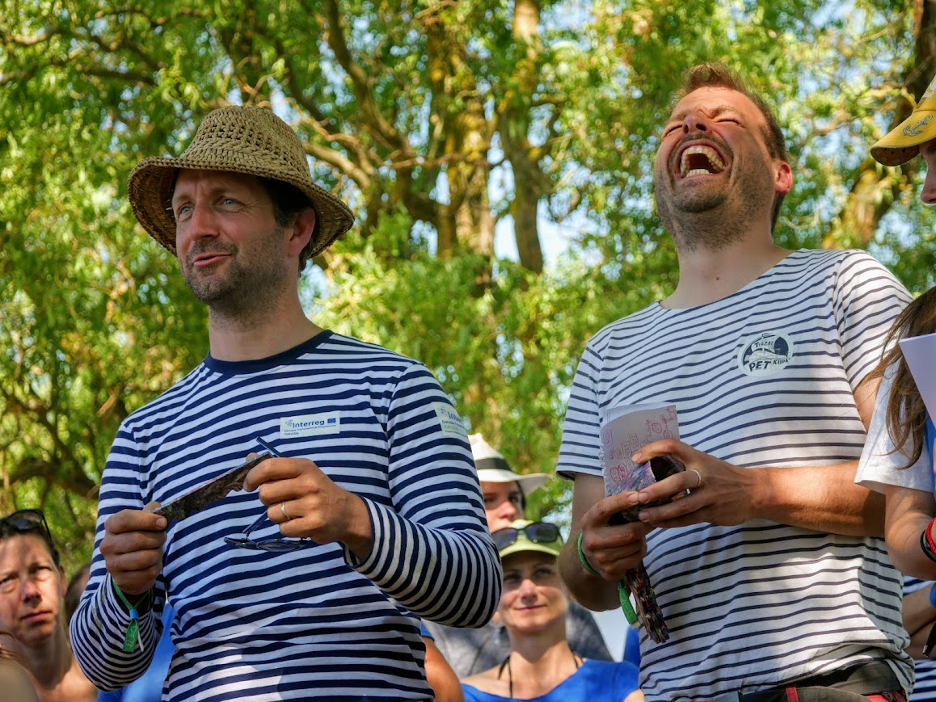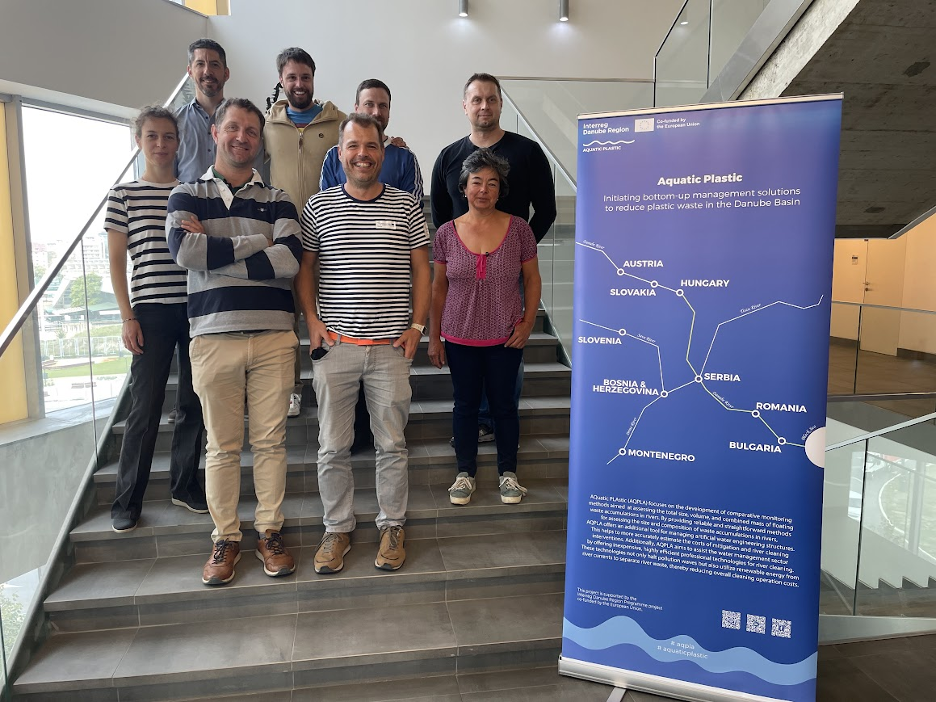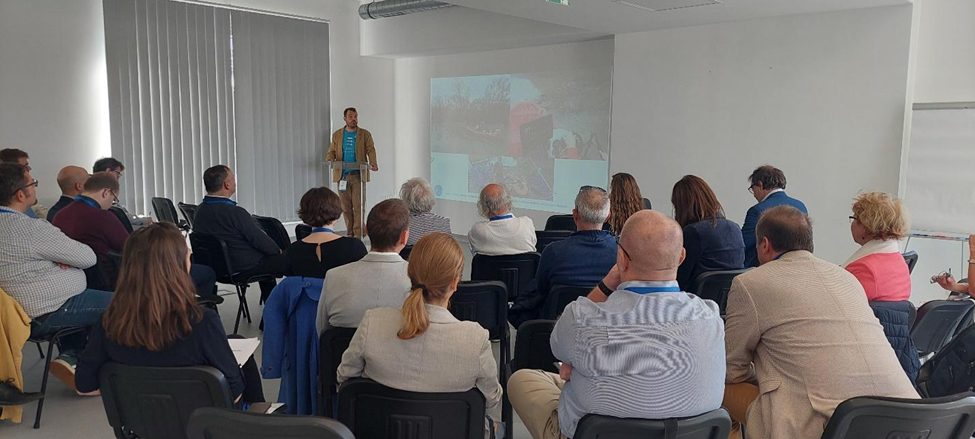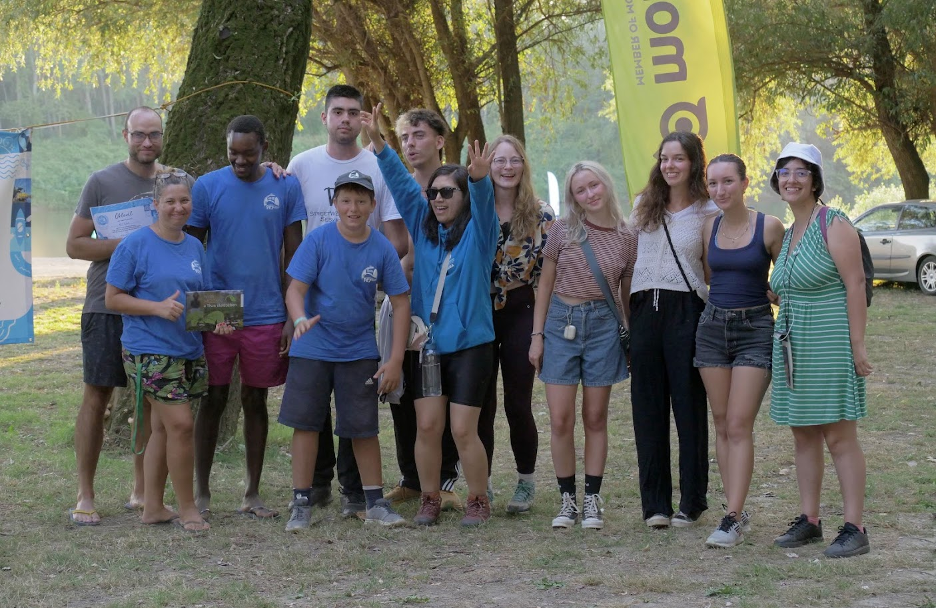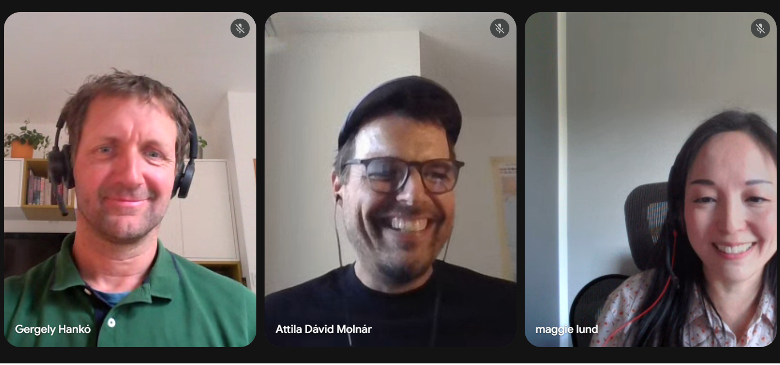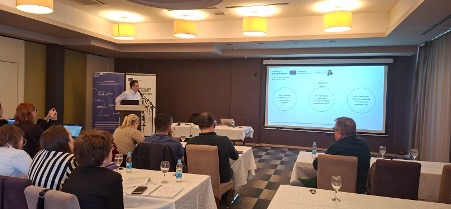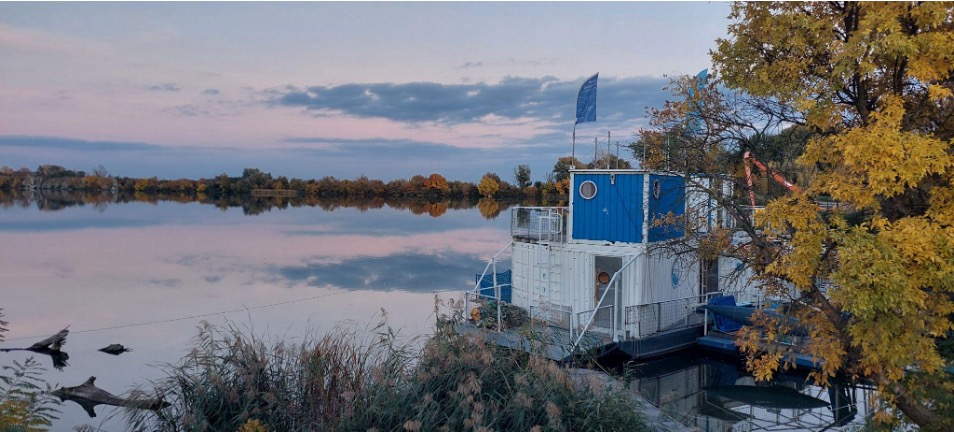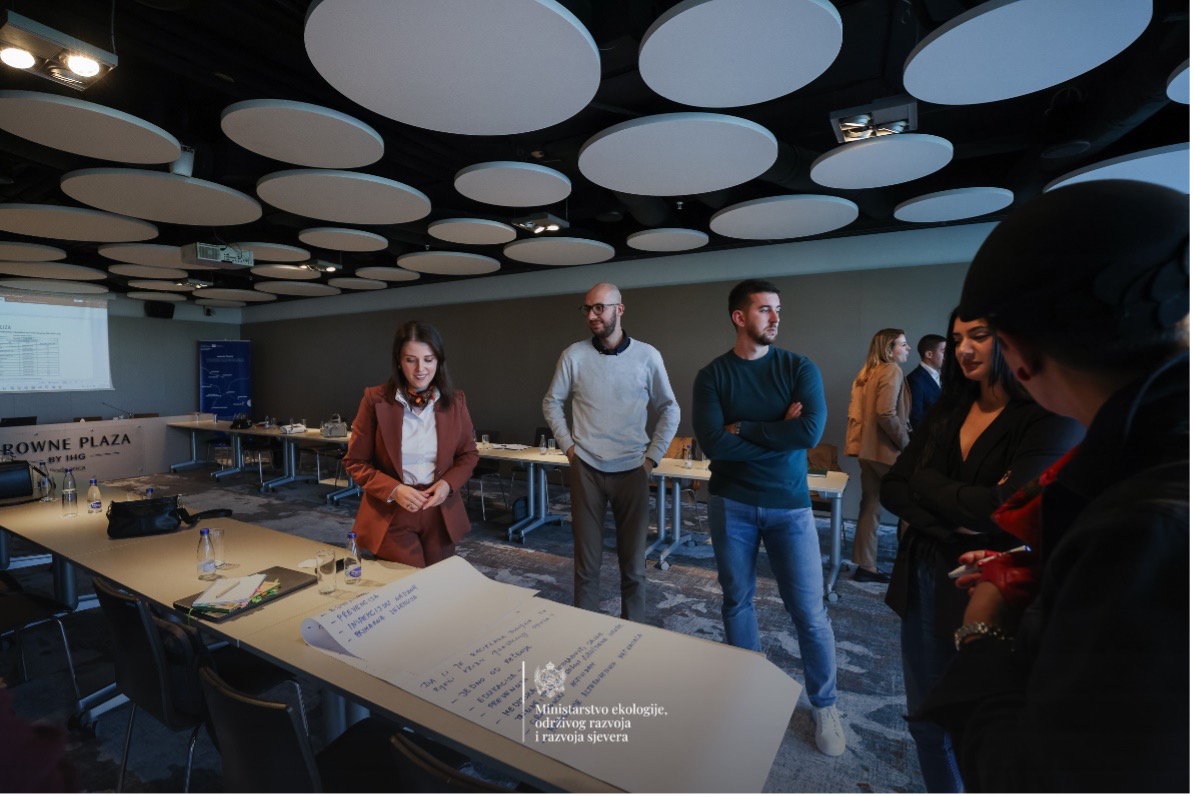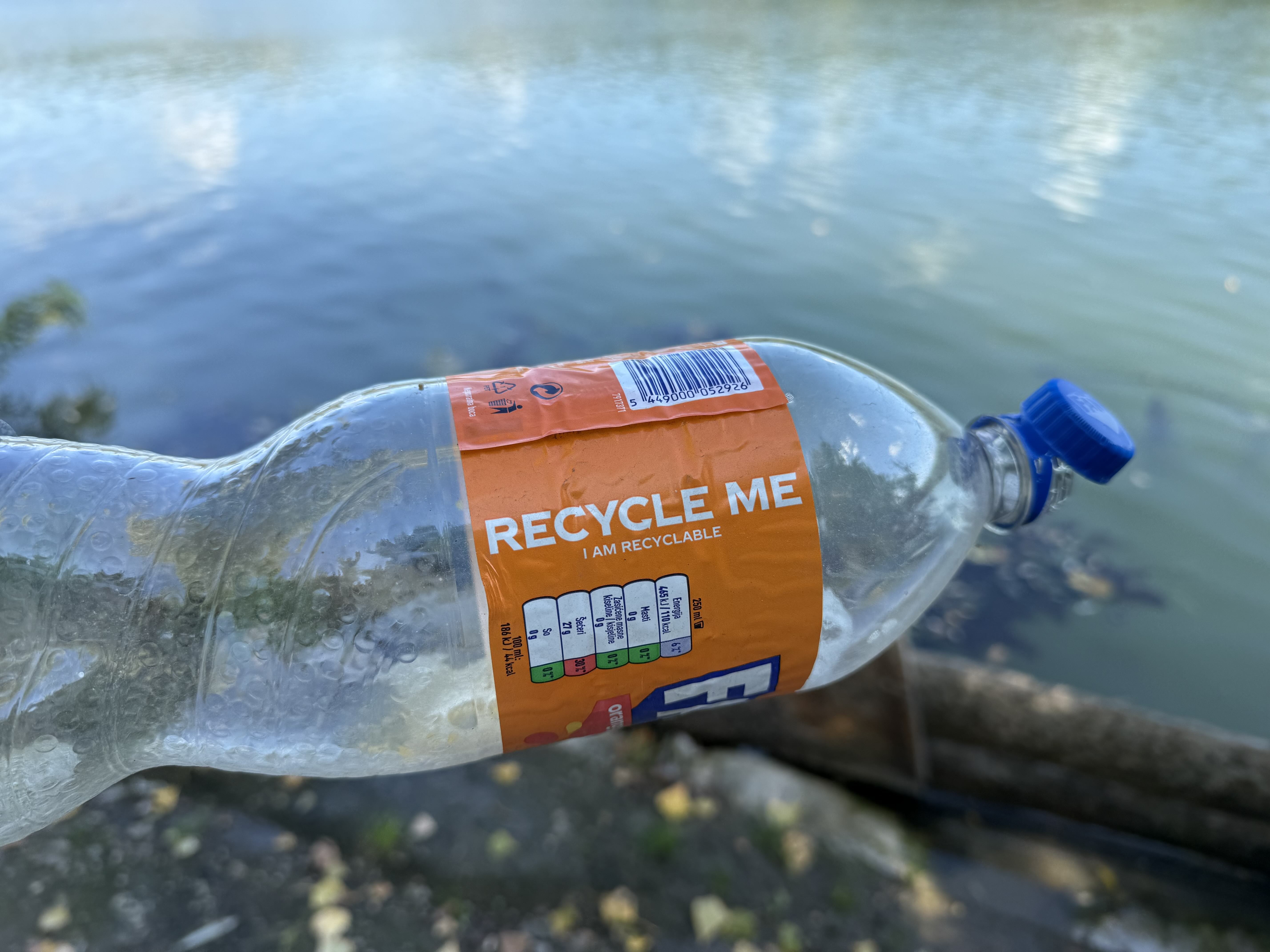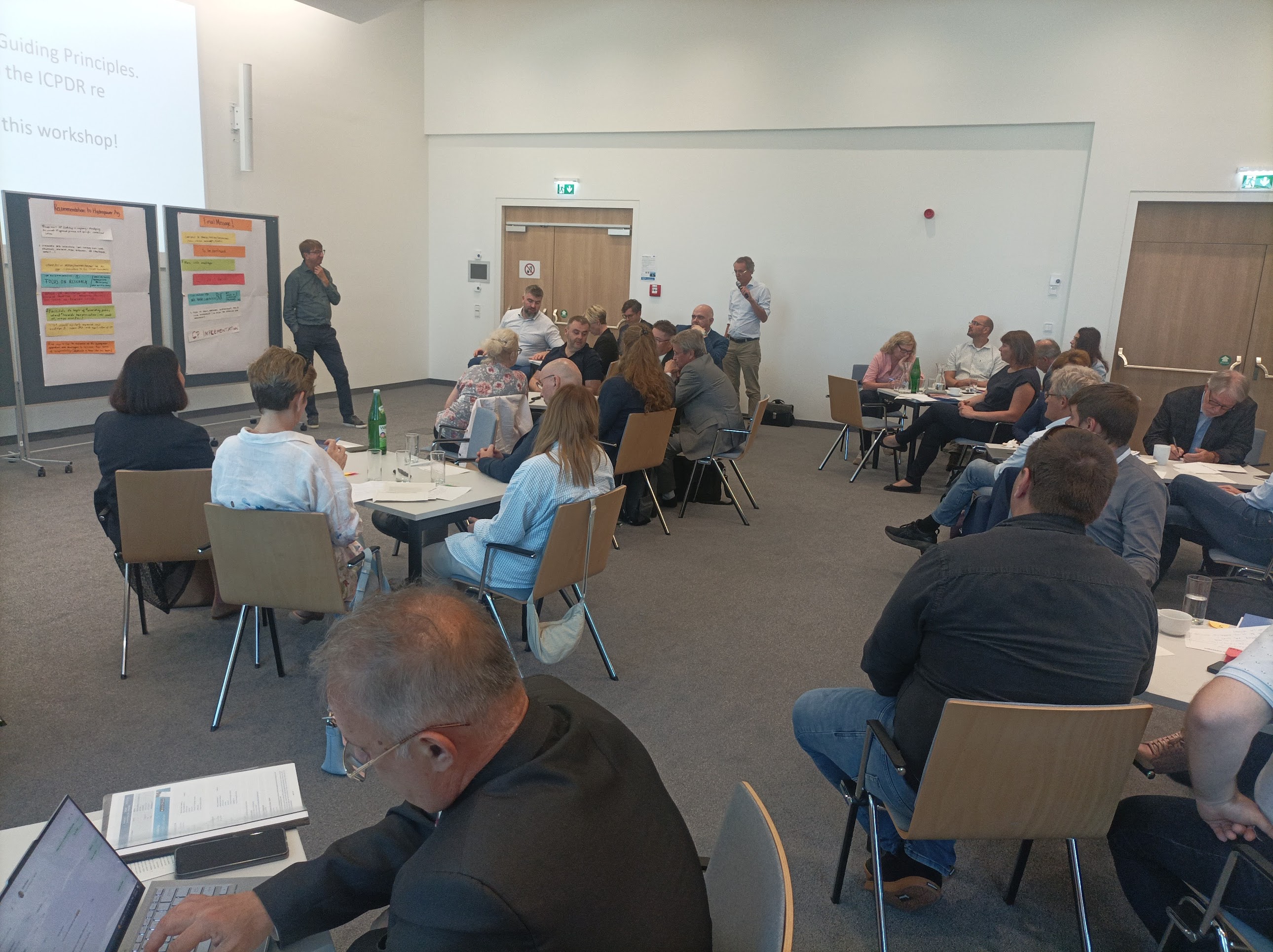
ICPDR’s Efforts to Tackle Emerging Pollutants Like Aquatic Plastics
The journey began years ago when, after several arrangement calls, Adam Kovacs, Technical Expert for Pollution Control at the International Commission for the Protection of the Danube River (ICPDR), made a personal visit. His destination was the Riversaver Center, a facility operated through the collaborative efforts of the Plastic Cup (PC) Society and the water authority directorate KÖTIVIZIG. Located next to the Kisköre dam and hydropower plant on the Tisza River, the Riversaver Center is dedicated to recycling, reusing, and repurposing tens of tons of plastic and other riverine litter collected annually from the Tisza. Following this field visit, progress accelerated significantly. Plastic Cup project managers Gergely Hanko and David Attila Molnar, informally dubbed the ‘plastic guys’ by their hosts, became regular guests at ICPDR expert group meetings.
This professional collaboration laid the foundation for the development of the Policy Guidance paper on the Management of Plastic Pollution in the Danube River Basin. It also led to joint educational initiatives, such as the Long Night of Researchers at the Vienna UN headquarters, where plastic pirates from the Tisza River Basin presented innovative ideas and protocols for cleaning rivers of plastic pollution. The River Litter Lab and interactive games were a hit, with visitors from over 20 countries gaining insights into creative cleanups and recycling methods.
Given this history, it is no surprise that the ICPDR became an associated partner in PC’s current flagship project, the Danube-Region Interreg Aquatic Plastic. One of Aqpla's significant challenges is creating a detailed stakeholder map to identify and engage as many parties as possible affected by plastic pollution in rivers. This includes the hydropower sector, where operators and engineers face the daily burden of waste management. Aqpla is developing new methodologies to separate anthropogenic and organic riverine litter, thereby reducing operational and landfill costs.
To facilitate this, Aqpla needed access to hydropower plants operating in the Danube Region. This access was provided by a carefully orchestrated event, the Sustainable Hydropower Development Workshop, organized by the ICPDR and hosted by the BOKU (Vienna) River Lab in June 2024. The workshop successfully brought together the hydropower sector. Thanks to revolutionary interactive workshops and participative methodologies, participants exchanged and developed ideas at an unexpectedly high level. During the workshop, PC representative David Attila Molnar co-hosted a session with Professor Marcel Liedermann (BOKU), discussing plastic pollution issues.
These networking, data-sharing, and harmonization efforts have made the ICPDR an exemplary associated strategic partner that every Interreg project should aspire to have. Aquatic Plastic is lucky to have them on board.
News & Events
Read the most recent updates and explore the upcoming events.

